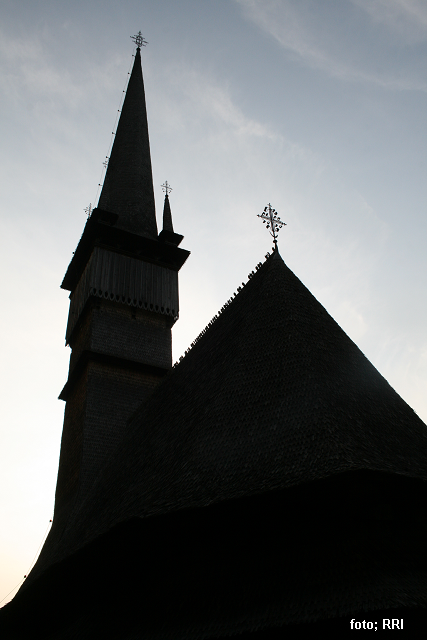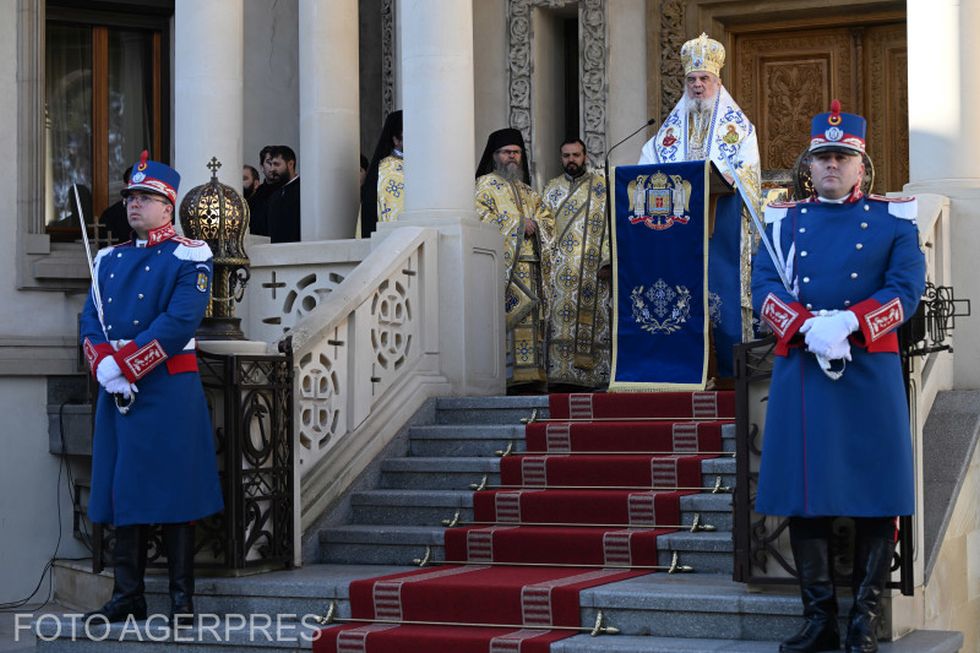The Romanians on Danube’s right bank
Borders are conventional landmarks, real or imaginary, that delineate cultural areas, communities, cities, countries, continents and mentalities.

Steliu Lambru, 31.10.2022, 14:00
The southern border of the Romanian geocultural area is considered the river Danube, the great pan-European navigation route. One might even say that todays Romania is a creation of the Danube in line with the new concept of the unity of the continent that emerged in the 19th century. Looking back in time, the Danube has acted as a hard border, but one that has been crossed. The Roman empire was the first power in south-eastern Europe to have the Danube as its border and to go beyond it. Romanians have inhabited both banks of the river and the biggest ethnic Romanian communities are to be found in Banat, in Timoc valley, in Serbia and Bulgaria. Other smaller communities were in cities like Turtucaia and Silistra and along the course of the Lower Danube to where the Danube Delta begins.
The most active ethnic Romanian communities on the right-hand side of the Danube were those in Turtucaia and Silistra. Turtucaia, which is located some 70 km south-east of Bucharest, was home in 1774 to a Romanian-language school founded by the teacher Rusu Șaru. Silistra was also home to a school that taught in the Romanian language, which had been founded prior to 1850, as recorded by the teacher Petru Mihail in 1847. The entire area had a diverse ethnic composition, including, apart from Romanians, Bulgarians, Turks and Roma. After 1913, when the Quadrilateral that also included the two cities became part of Romania, the share of the Romanian population increased.
The recollections of people who were born near Silistra are full of examples of good cohabitation, not just about differences. In 1997, the archaeologist Petre Diaconu told Radio Romanias Oral History Centre about his multiethnic family:
“My mum had Bulgarian and Turkish ancestors and my dad was Romanian. But after marriage, my mum became more Romanian than the Romanians. I remember a football match once between Romania and Bulgaria and my mum was more devastated than my dad when Romania were in difficulty. I learnt to speak Bulgarian not so much from her, but from the other children. At home we only spoke Romanian. My mum had learnt Romanian very well and her parents knew Romanian from even before 1913. They owned large flocks of sheep and used to employ Transylvanian shepherds who ran away from Transylvania because they didnt want to be called up in the army, so they crossed Wallachia and ended up south of the Danube where they found employment as shepherds.”
Politics changed peoples lives. It made some people abandon what theyd had before, while others it provided with new opportunities. Petre Diaconu:
“In 1913, when the Romanian troops entered southern Dobrogea after the Bucharest peace treaty, my father said many families experienced the same situation. Many Bulgarians and Turks spoke Romanian. I had to learn not only Bulgarian, but also Turkish, because the village where I was born and where I would later spend all my school holidays had a majority Turkish population. My nanny was Turkish. I remember she was so fond of me that she was in tears in 1936, when I was 12 years old and she had to leave for Turkey with her husband, children and relatives. She loved me like her own children.”
Petre Diaconu became an archaeologist, a decision he says was largely influenced by one of the teachers he had in high school:
“When I went to high school in Silistra we all became fascinated with the historical past, ancient history and archaeology. The schools director, Pericle Papahagi, a scholar well known among philologists, had moved to Silistra. He had given up his chair at the university and came to Silistra to teach philology and then became the director of the school. He did that so as to receive the Aromanian, Macedoromanian settlers who were coming from Macedonia, being himself of Macedoromanian origin. Well, he had this passion for collecting old things and antiques.”
The small Romanian communities on the right-hand side of the Danube view the river as a border, but not one that separates, but which unites.






























